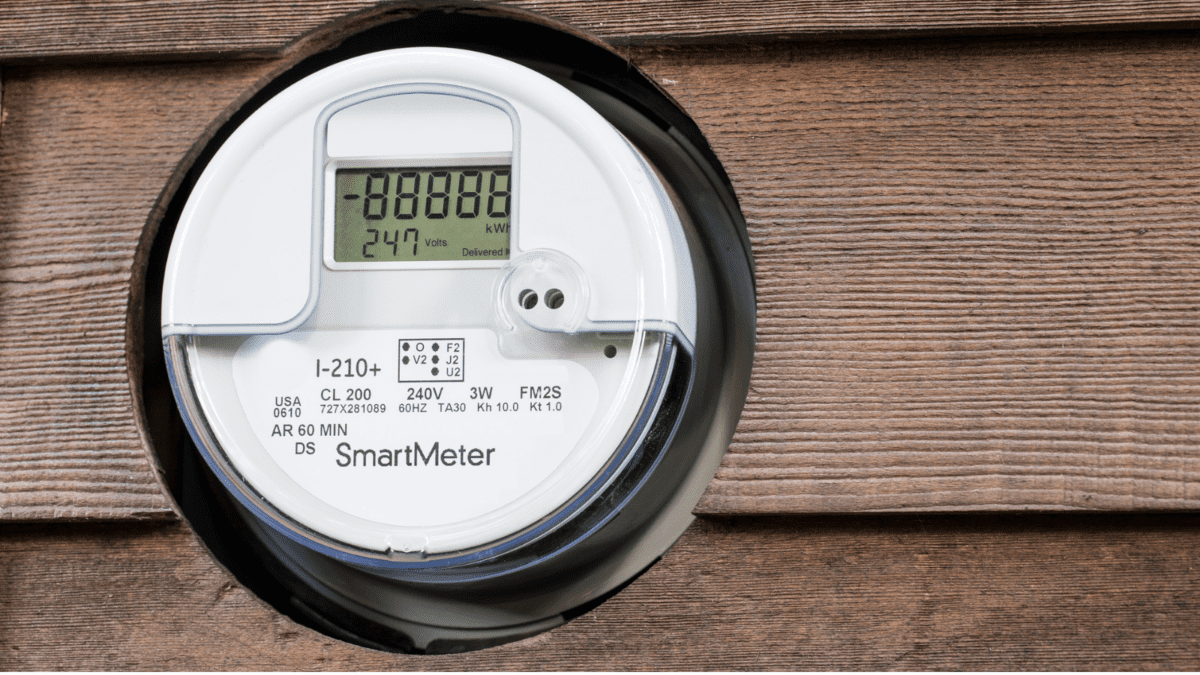‘State of the States’ report shows Australian economies performing well; Tasmania retakes top spot
Tasmania was again Australia’s best-performing economy in the final quarter of 2022, new CommSec research showed, with steady housing starts and a strong jobs market helping it regain the top spot from Queensland, which is now equal second with South Australia.
Of the eight indicators the online broker’s “State of the States” report assesses in comparing the states’ and territories’ economies, Tasmania ranked first on three: new-dwelling starts, equipment investment and relative unemployment. The May report marks the 11th time in three years Tasmania has been the best-performing state economy, CommSec said.
The report compares eight key indicators to provide an economic snapshot of each state and territory. These are economic growth, retail spending, equipment investment, unemployment, construction, population growth, housing finance and dwelling commencements.
The report showed all state-level economies are enjoying strong performance and that there was little to separate the top three positions, with Queensland’s lead on population growth and South Australia’s on construction work done propelling those states to a close second place. New South Wales retained its third-place ranking, while Victoria and Western Australia shared equal fifth place; the Australian Capital Territory and the Northern Territory round out the list.
“Overall, the economic performances of Australian states and territories are being supported by strong job and commodity markets at a time of rising interest rates,” the report stated. “All states are performing well, supported by strong population growth, still-solid consumer spending, elevated commodity prices, stabilising home prices and low unemployment.”
While the report noted that economic performance over the second half of the year depends largely on the future path of spending, housing and labour markets, Craig James, CommSec’s chief economist, pointed to the strong outcomes and said domestic conditions are favourable to continued performance across the country.
“Australia’s states and territories are all close on the performance indicators,” James said. “Looking ahead, sectors like construction, education and consumer spending are likely to be supported by high rates of inbound migration.”
In addition to leading on three economic indicators, Tasmania ranked second on housing finance, helping it take the best-performing spot back from Queensland, which led on the relative-population-growth metric – a weakness for Tasmania. South Australia, which led on construction work done, had its best “State of the States” performance in more than a year.
“We anticipate ongoing growth in the Tasmania, Queensland and South Australia economies in the next six months and that these states will remain at the top of the leader board,” James said.
For Western Australia – which came in equal fifth place – construction work done was a weakness, although the state continued to lead on relative economic growth.
“Economic activity in Western Australia in the year to December 2022 was 41.4 per cent above its ‘normal’ or decade-average level of output,” the report stated. “Queensland remains in second spot, with output 36.2 per cent above the ‘normal’ level” (see chart).










